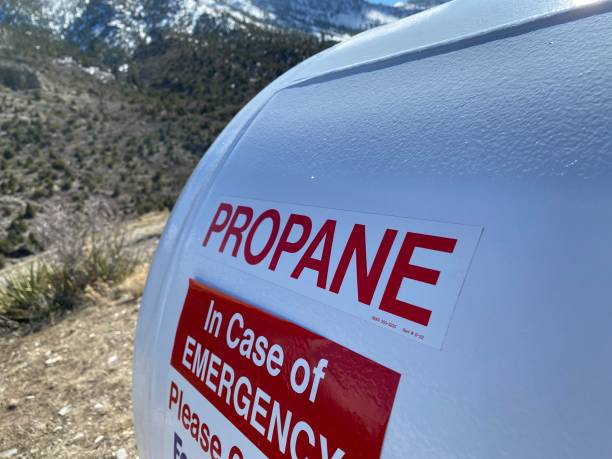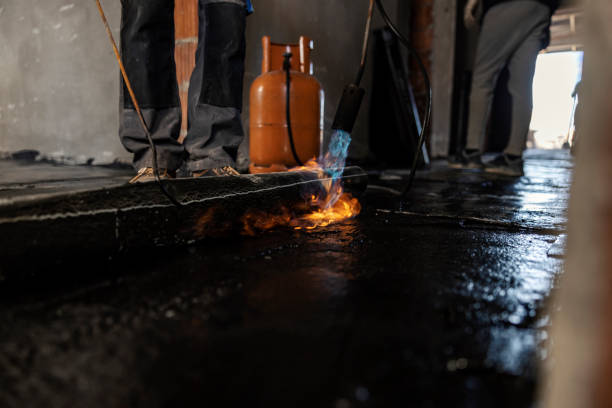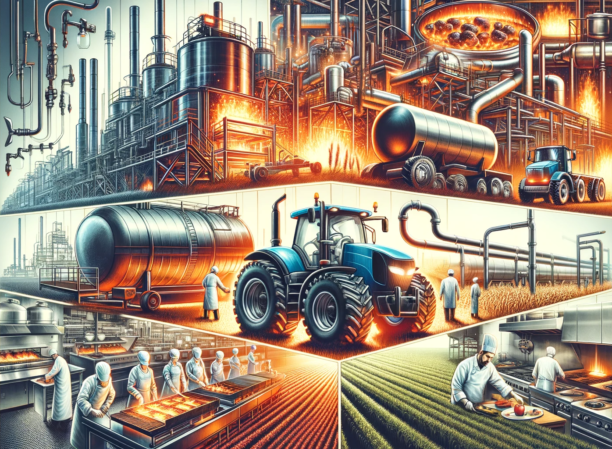Guide to Propane Tank Safety Inspections
Ensuring Safety with Thorough Propane Tank Checks Propane tank safety inspections are vital for preventing accidents and ensuring efficient operation. Here, we provide a detailed guide to conducting thorough inspections of propane tanks, which is crucial for both residential and commercial users. Regular Inspection Schedules Establish and adhere to a regular inspection schedule. Tanks should… Continue reading Guide to Propane Tank Safety Inspections



